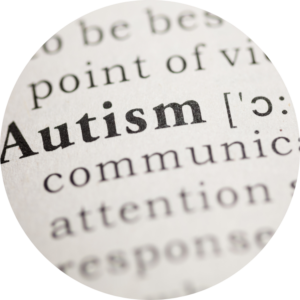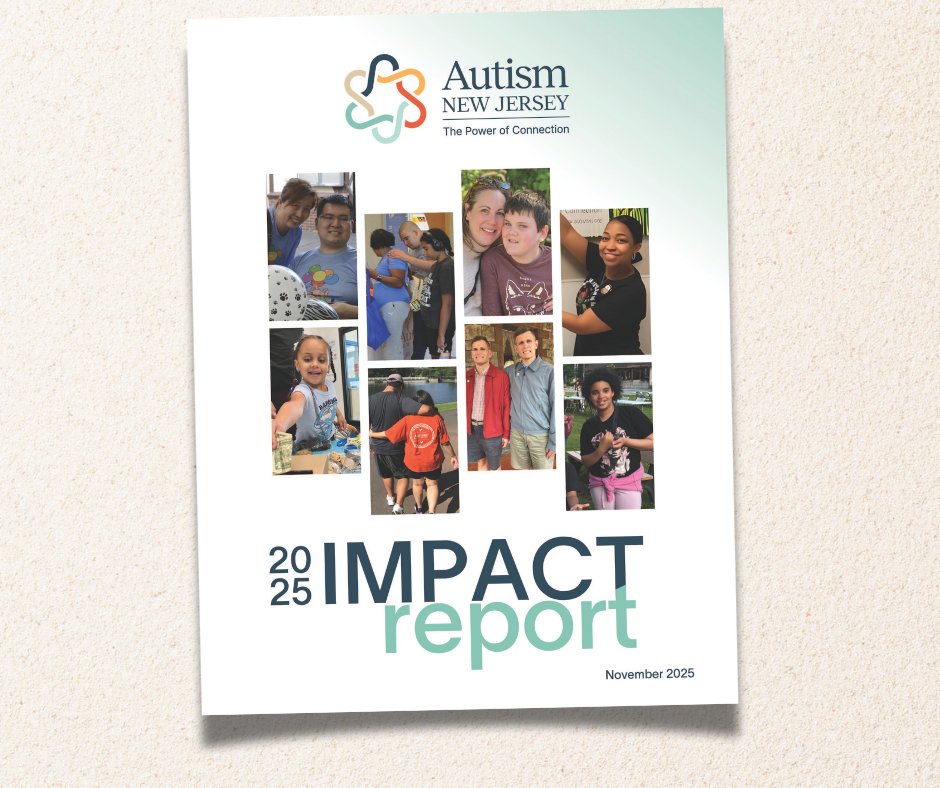
Note: This article is for parents who are waiting to get an autism evaluation for their young children. If you are looking for an article that explores autism evaluations for adults, click here.
Seeking an autism diagnostic evaluation for your child can be a lengthy and emotional process. It can often be made more stressful by the long wait times between your first concerns and when you can get an appointment with a diagnostician. Many parents are rightfully upset about this delay when their child is exhibiting the behavioral signs of autism.
Why the long wait?
The rise in autism awareness and prevalence, coupled with evidence of the benefits of early intensive behavioral intervention, has led to alarmingly long waitlists for diagnostic evaluations. More primary care providers are now routinely screening children at 18 and 24 months of age and identifying children who need further evaluation. At the same time, there is a national shortage of healthcare providers with the medical and professional training and experience to accurately perform autism diagnostic evaluations. Thus, there is an increased demand for evaluations, and fewer professionals to perform them.
The COVID-19 pandemic also exacerbated these long wait times, with some diagnosticians not having availability for anywhere from three to eighteen months. Additionally, many specialized providers do not accept Medicaid, leading to healthcare access disparities and especially long waits for families who have public health insurance.
Even though waitlists may be long, if you feel your child is exhibiting “red flags,” it is never too early or late to voice these concerns to your healthcare provider and seek an autism evaluation. There are also things you can do to help your child during this time.
Prepare for the appointment
Contact your insurance carrier to determine if this evaluation can be covered by your insurance plan and if you need to take any steps for coverage. For example, do you need a referral from your primary care provider?
Trained diagnosticians will use the DSM-5 as their criteria for diagnosis, along with other specific diagnostic tools. While you are waiting for this appointment, you can gather any of your child’s medical, educational, developmental, and/or behavioral records. Start a list of questions and notes of your own observations of your child’s behavior and development. Continuously add to that list whenever you have new questions or additional observations.
Learn more about autism and treatment
| Learn more about autism: One of the most important first steps you can take is to learn about autism. Autism New Jersey’s Start Here Guide, available in English and Spanish, provides accurate and comprehensive information on what the diagnosis entails. |  |
| Evaluate treatment options: There are many interventions and resources available for individuals with autism, so look at what the research supports as the most effective treatment options for majority of people with ASD. With decades of research on its effectiveness, Applied Behavior Analysis (ABA) is the “gold-standard” autism treatment. ABA uses many procedures to teach new skills and decrease challenging behavior. These services are provided and supervised by a Board Certified Behavior Analyst (BCBA). |  |
| Learn about your insurance coverage: There are a few basic types of insurance plans and learning about your coverage will help you understand how treatment is funded. Children ages 0-21 whose health insurance is Medicaid/NJ Family Care can now access ABA. As an additional resource, our online referral database can connect you to service providers in your area. (While these providers might not be in your insurance network, you can inquire about using their services on an out-of-network basis.) Insurance can be challenging to navigate. While Autism New Jersey’s articles on insurance explain insurance coverage options for the treatment of autism, we recognize how complex it is and are always a phone call or email away for any questions you might have. Please contact us at 800.4.AUTISM Helpline or information@autismnj.org. |  |
| Begin looking for ABA providers: There are often waiting lists to start ABA therapy and becoming familiar with some providers can be helpful. This article, What to Look for in a Behavior Analyst, offers some guidance. |  |
Explore services that don’t require an autism diagnosis
While an autism diagnosis is required to access many services, you can still access some services without a diagnosis.
Younger than 3
If your child is younger than 3 years old
They are entitled to an evaluation through New Jersey’s Early Intervention System (NJEIS). If your child is eligible for Early Intervention Services, your service coordinator will set up a meeting to work on your Individualized Family Service Plan (IFSP).
3 to 5
If your child is between the ages of 3 and 5 years old
Contact your school district to see if your child qualifies for their preschool disability program.
School-aged
If your child is school-aged
Speak to your child’s Child Study Team regarding your concerns about your child’s anticipated upcoming diagnosis. The school may be able to evaluate your child’s performance at school and determine their need for specialized instruction. Autism New Jersey’s What to Look for in a Special Education Program is designed to assist parents in evaluating the appropriateness of a given special program for their child.
Children & adolescents
Children and adolescents
The New Jersey Department of Children and Families Children’s System of Care (CSOC) provides some services for those with developmental disabilities. While CSOC does require a diagnosed developmental disability or mental or physical impairment for individuals to be eligible for services, it need not be autism. If your child has a co-occurring disability or condition, you may be able to get services through CSOC while waiting for their autism diagnosis. To determine if your child is eligible for developmental disability services, contact PerformCare to request an application for eligibility or apply/download an application online.
We know that this process can be a challenging one, even without the prospect of long wait lists for diagnosticians. Autism New Jersey is currently exploring ways to expand the workforce across the state. If you need more help or guidance, you can always call us at 800.4.AUTISM or email us at information@autismnj.org.
Experience Our Power of Connection
Autism New Jersey has expertise in the complexities of seeking an autism diagnosis and navigating the service system. If you have any questions, call our 800.4.AUTISM Helpline, email information@autismnj.org, or use the chat/messaging feature at the bottom of your screen.









